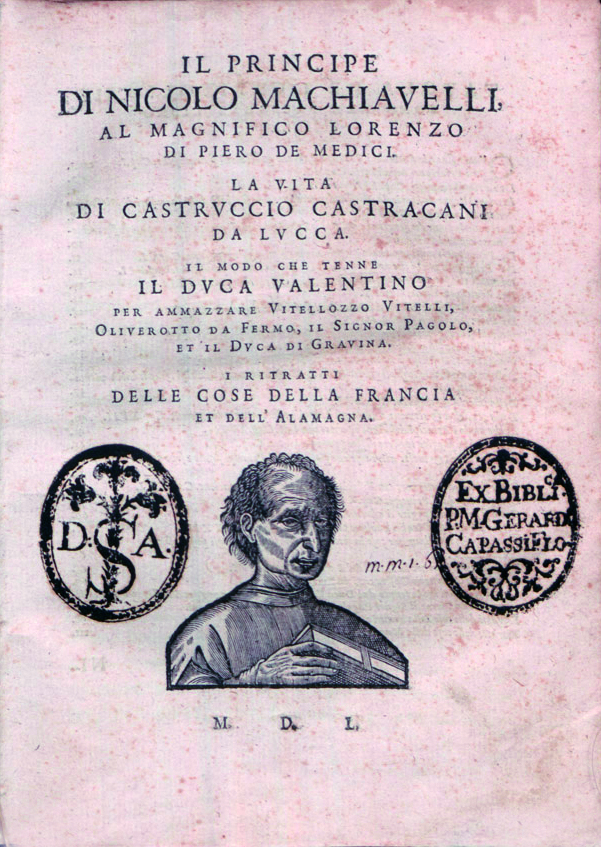Lisabeth During and Ross Poole on "Rape and the Republic" - Department of Social Science and Cultural Studies Speaker Series, March 19th
2:50 PMPresents
Lucretia, Livy, Augustine, Machiavelli
Dekalb Hall
Seminar Room 208
Pratt Institute
Brooklyn, N. Y.
"RAPE AND THE REPUBLIC"
The story of Lucretia is well known. She was the virtuous wife of a Roman nobleman who committed suicide after being raped by Sextus Tarquinius, the son of the king. Her body was displayed in the forum and the enraged citizens, led by Junius Brutus, expelled the Tarquins and established the Roman Republic. Slightly less well known is the story of Virginia. Fifty or so years after the rape of Lucretia, Claudius Appius, a patrician with tyrannical ambitions, attempted to enslave the daughter of a respected plebeian in order to have his way with her. When all seemed lost, her father seized a butcher’s knife and killed her -- to ‘make her free,’ as Machiavelli had it. After Virginia’s body was displayed in the forum, the citizens and the army forced Claudius Appius into exile, and the republican order was restored.
What do these stories tell us? What is it about rape that demands a political response? Why is republican rule established – and then re-established – through the death and display of a woman? Do these stories tell us something, not merely about republican forms of political order, but about the nature of sovereignty as such? In addressing these questions, we will consider, not merely the canonical account of Livy, but also the interpretations of later writers, especially St. Augustine, Machiavelli, and Lessing.
We will also consider, though more briefly, whether these ancient stories have anything to say to contemporary liberals anxious to keep the state out of their bedrooms, or to fathers ready to murder daughters in the name of honor.








0 comments